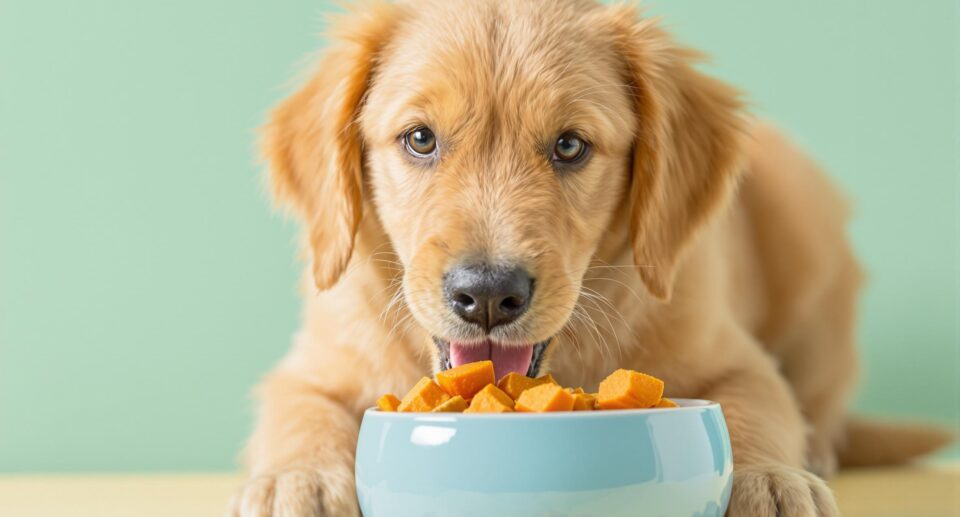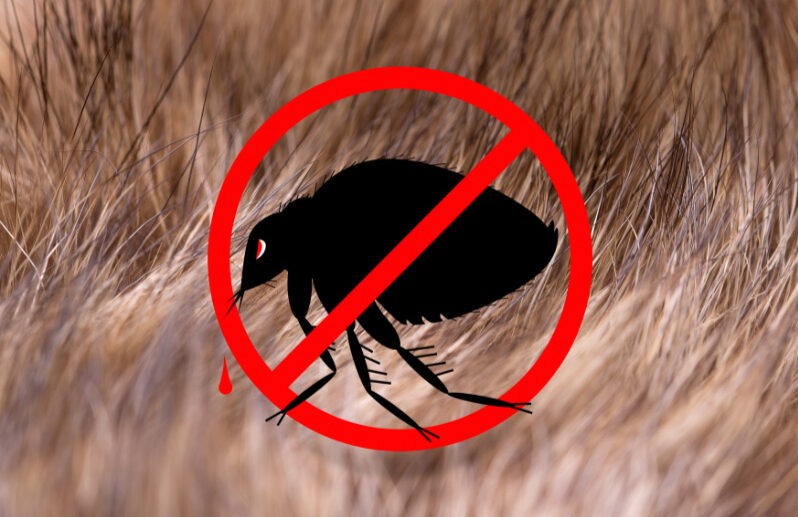How Does Pumpkin Help My Dog’s Digestive Health?

If you have a pet, you probably already know that minor digestive upsets can be a common occurrence in pets. It’s no fun for a pet to have an upset stomach, but what can you do when you notice that your dog or cat has a case of diarrhea or is straining to pass stool? If your pet’s intestinal distress is minor, a healthy, natural treatment may already be in your own pantry. Surprisingly, plain, unsweetened cooked pumpkin can help with both diarrhea and constipation. You can give your dog or cat plain canned, puréed pumpkin or fresh, cooked pumpkin. Be sure not to use pumpkin pie filling which has added sugar and spices.
Is pumpkin good for a dog’s digestive health?
If your dog has diarrhea, the soluble fiber in canned pumpkin will help absorb the excess water, resulting in firmer stool. For a pet that is constipated, the high water and fiber content in the pumpkin will help add bulk and soften the stool, acting as a natural laxative and making the stool easier to pass. Even if your pet has no digestive issues, adding a bit of pumpkin to his or her diet can help your pet stay regular. Pumpkin is a healthy addition to your pet’s diet and is a great source of fiber, potassium, vitamin A, vitamin C and, as its orange color suggests, carotenoids.
How much pumpkin should I give a dog or cat with constipation or diarrhea?
It doesn’t take much pumpkin to see results. For a small dog or cat, start with a ½ teaspoonful, increasing to one or two teaspoons if necessary. For large dogs, start with a tablespoonful of canned pumpkin and slowly increase the amount if needed. You should see improvement in your pet within a few hours.
Can dogs or cats eat canned pumpkin every day?
Plain pumpkin is low in calories and can be added to your pet’s regular meal. If you read the label on your dog’s or cat’s pet food, you might even find pumpkin listed as one of the ingredients! The additional fiber from a daily dose of pumpkin can help your dog feel full sooner and therefore may help promote weight loss. Most dogs enjoy the flavor and will eagerly eat pumpkin but if not, you can mix it into their food.





